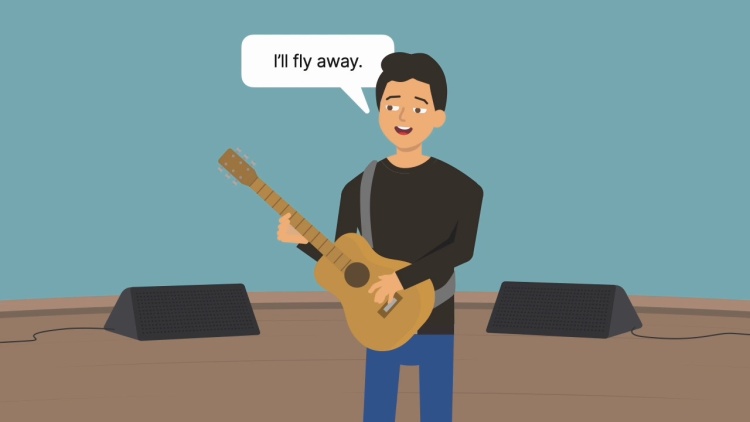Brumley v. Albert E. Brumley & Sons, Inc.
United States Court of Appeals for the Sixth Circuit
822 F.3d 926 (2016)
- Written by Whitney Kamerzel , JD
Facts
Albert Brumley authored the song “I’ll Fly Away” and sold the copyrights to the song to a music company. Brumley later bought the company and the copyrighted song and started his own company named Albert E. Brumley & Sons (AEBS). Brumley had six children. In 1975 Brumley and his wife, Goldie, sold AEBS and the copyrighted song to their sons William and Robert. Brumley died, and in 1979 William and Robert obtained a contract from Goldie selling any of Goldie’s possible remaining copyrights in the song to William and Robert for $1. Goldie died in 1988. Robert eventually bought out William’s interest in AEBS. Robert was making approximately $300,000 per year in royalties from “I’ll Fly Away.” Robert’s four other siblings, Albert Jr., Betty, Jackson, and Thomas (plaintiffs), provided Robert with a notice of termination so they could share in the song’s royalties, and the notice was recorded with the U.S. Copyright Office. The siblings then filed suit in federal district court against Robert and AEBS (defendants) seeking a declaration that the termination was effective. Robert argued that he had purchased the song’s copyrights from William and Goldie. The district court held that despite Robert’s purchase of AEBS and Goldie’s agreement, the siblings retained a right to terminate the transfer of the song’s copyrights. The Sixth Circuit reversed and remanded, and the same judgment was reached a second time. Robert appealed to the Sixth Circuit.
Rule of Law
Issue
Holding and Reasoning (Sutton, J.)
What to do next…
Here's why 911,000 law students have relied on our case briefs:
- Written by law professors and practitioners, not other law students. 47,100 briefs, keyed to 997 casebooks. Top-notch customer support.
- The right amount of information, includes the facts, issues, rule of law, holding and reasoning, and any concurrences and dissents.
- Access in your classes, works on your mobile and tablet. Massive library of related video lessons and high quality multiple-choice questions.
- Easy to use, uniform format for every case brief. Written in plain English, not in legalese. Our briefs summarize and simplify; they don’t just repeat the court’s language.





